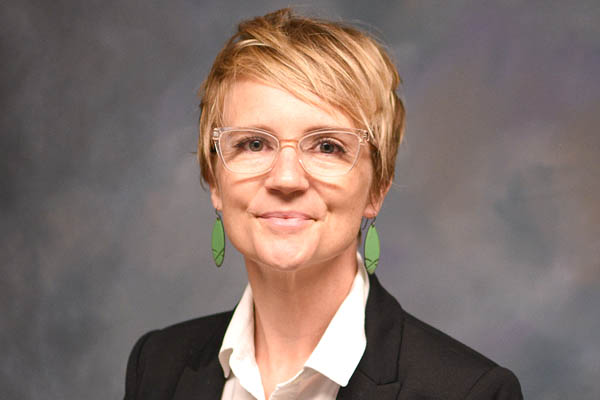2018-19 When Talking is Tough
Respectful Conversations in a Divided Nation
In our divided nation, almost any event seems to spark widely divergent and caustic responses, depending on one’s loyalties. Even among members of the campus community, potentially controversial topics are often avoided to step away from possible conflicts. Yet we recognize that both as followers of Christ and as citizens of a democracy, we are called to listen and learn from each other. But making ourselves vulnerable through really listening to the other is hard. Rather than remaining only in the safe confines of our group, how can we open ourselves to genuine dialogue? When should we offer informed advocacy for a view, presented with honesty and care? How can we listen carefully enough to hear the pain and fears that sometimes are at the core of the person whose position we find objectionable? How might we be sure to listen carefully to minority or unpopular views? How can we apply such vulnerable listening and speaking in our disciplines, our workplaces, our communities? Throughout the 2018-19 year, we will learn about and put into practice ways to listen to each other.
 Summer reading
Summer reading
The summer reading text for first year students was Jonas Beiler’s book, “Think No
Evil: Inside the Story of the Amish Schoolhouse Shooting…and Beyond.” The book is
a wonderful account of the Nickel Mines Tragedy with an analysis of how Anabaptist
theology, and its focus on forgiveness, is affected by its historical development,
and how it is lived out in Amish Anabaptist communities today. >>> publisher's description
Opening Convocation - Tuesday, Aug. 28
Jonas Beiler had one passion for many years—to help strengthen families—and has witnessed
that passion unfold in numerous ways. After the death of his second daughter in 1975
and the near devastation of his marriage that followed, it was through the help of
counseling that his life, his marriage, and his family began to heal. In the fall convocation, Beiler will talk about what he learned about how forgiveness
can allow for the most difficult conversations to happen in the midst of tragedy.
 CIVIC ENGAGEMENT LECTURER
CIVIC ENGAGEMENT LECTURER
Marathana Prothro served as the 2018-19 civic engagement lecturer. She presented "Using
Ancient Wisdom to Stop Destructive Communication in its Tracks: Reining in Gottman’s
Horsemen."
“My lecture centers on the Four Agreements as described by Don Miguel Ruiz, Jr., and correlates them with what researcher John Gottman describes as the Four Horsemen of the Apocalypse. Gottman is a researcher whose emphasis is on the kinds of communication that bring destruction to relationships—criticism, contempt, defensiveness, and stonewalling. Each of the Four Agreements directly correlates with a seemingly simple (yet beautifully rich) ‘antidote’ to each of Gottman’s ‘Horsemen.’ Though the Agreements — let your word be impeccable, don’t make assumptions, don’t take anything personally, always do your best — draw from ancient wisdom in an oral culture, they are particularly relevant in a post-modern secondary orality and will give students tangible options for moving away from division and toward understanding, without necessarily compromising.”